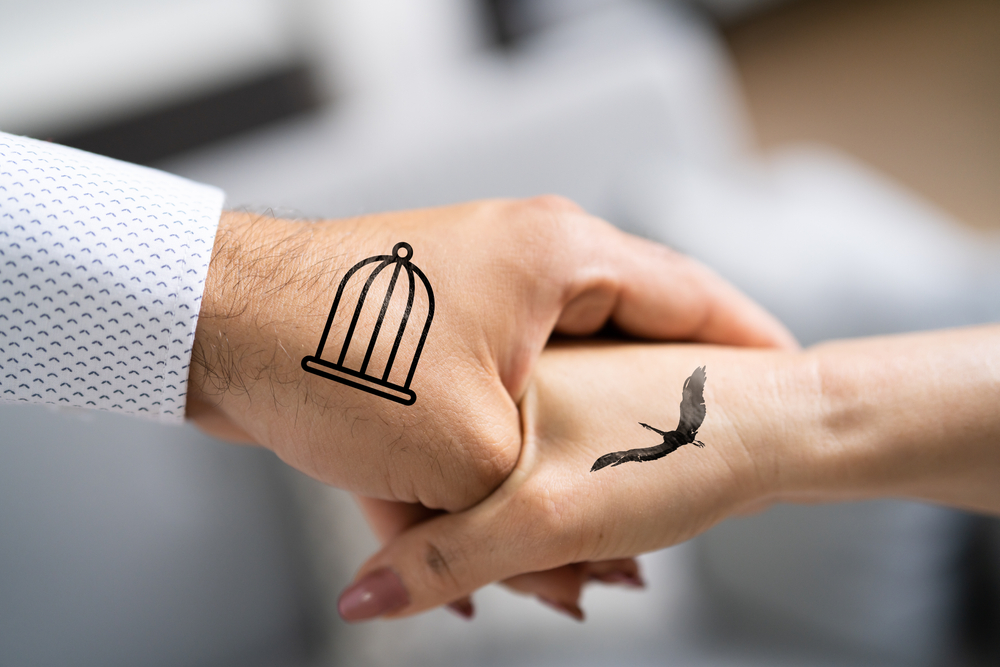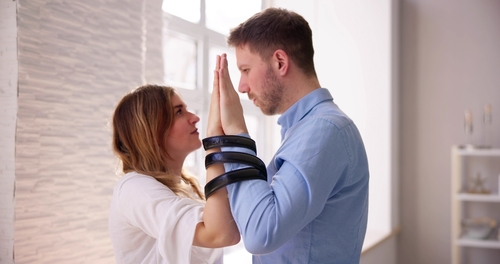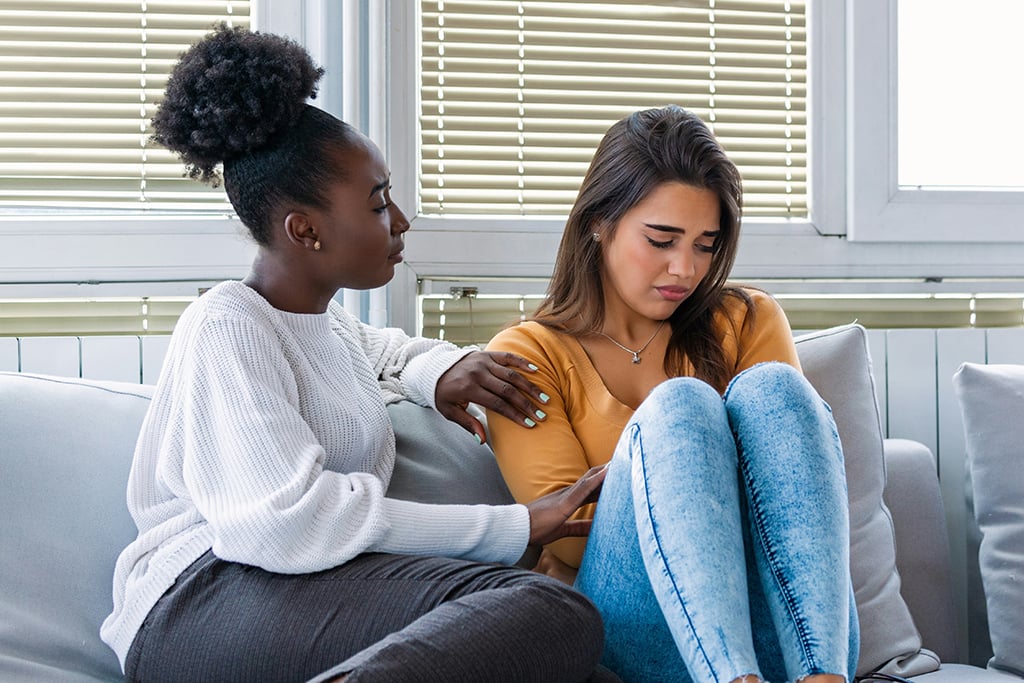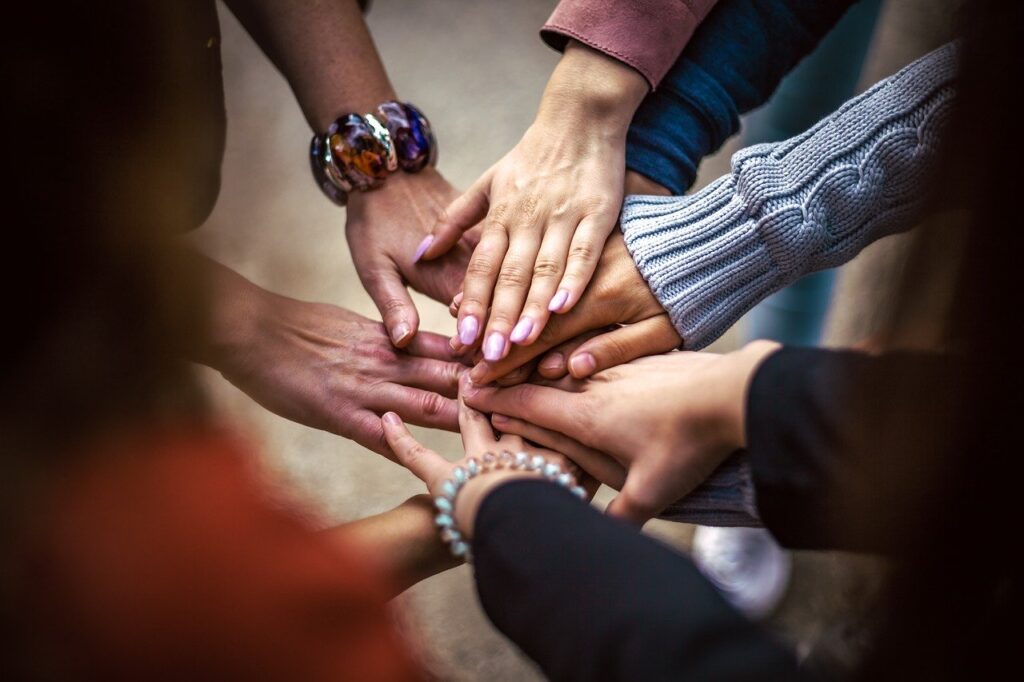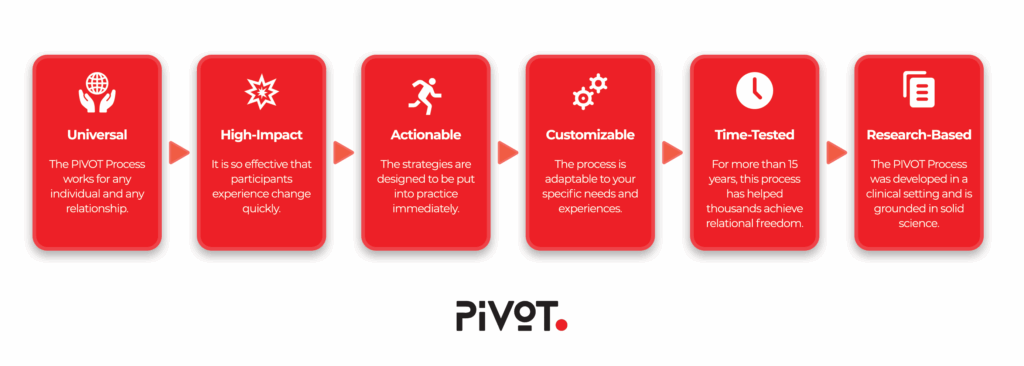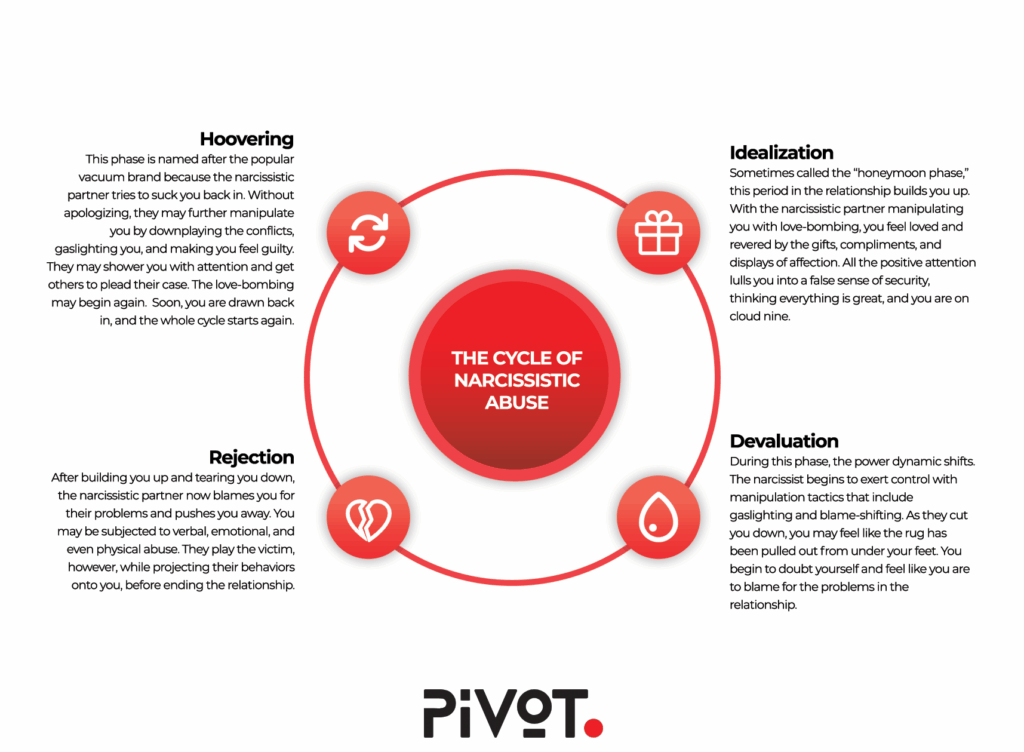Knowing when to walk away from a marriage can feel like staring into a mirror you no longer recognize—seeing the sadness in your own eyes yet still hoping the reflection will change. You’ve swallowed doubts, buried anger, and whispered to yourself that “things will get better,” only to watch those worries resurface in every tough conversation.
Now the mirror won’t let you look away. You sense the decision looming, replaying what-ifs about whether this love could have been saved while simultaneously feeling the knot in your stomach tighten at the thought of divorce. When you reach the end of that emotional rope, the tug of reality can be as painful as it is clarifying.
Deciding to end a marriage is profoundly challenging, but understanding the relationship dynamics at play—abuse, chronic disrespect, or simply two paths that no longer converge—protects both your mental health and your family’s future. The sections below break down clear warning signs, reflective questions, and actionable next steps to help you choose a path that safeguards your well-being.
Quick Safety Check: Leave Immediately If…
Non-Negotiables
- Any form of physical, sexual, or severe verbal abuse
- Threats to you, your children, or pets
- Unchecked addiction that endangers the household
- Criminal activity that puts you at legal or financial risk
- Coercive control (tracking devices, isolation from friends, financial lock-down)
Recognizing When to Walk Away from a Marriage

There really isn’t one occasion where you say OK, it’s over now, pick up your things, pack your bags and walk away. Love and marriage don’t work that way except in cases of physical or emotional violence, when it’s vital to find protection and assistance as soon as possible.
In most marriages, discontent creeps into your daily life without you or your spouse even noticing, causing small dings in your relationship to become cracks and allowing those cracks to develop into ravines that prevent you from finding common ground. And then, one day, you fall into the never-ending hole of spiraling unhappiness, not being able to remember the last time you smiled.
This can be the point of you having enough of it and deciding it’s time to end it. Also, there are more signs that can point to the fact that it’s time to keep walking in the opposite direction of your marriage:
- Contempt or harsh criticism replaces respect and affection. Eye-rolling, sarcasm, and put-downs become the norm.
- Repeated infidelity or other major betrayals have shattered trust, and your partner shows no sustained transparency or remorse.
- Stonewalling—one partner shuts down every serious talk or simply refuses to engage.
- Chronic loneliness: you feel single inside the relationship and rarely share meaningful moments or quality time.
- Fundamental value clash on parenting, money, or lifestyle goals that neither of you is willing to bridge.
- One-sided effort: you’re the only one making compromises, carrying responsibilities, or nurturing the relationship.
- Self-focused or toxic behavior—selfish choices, lack of appreciation, or ongoing emotional manipulation.
- Recurring, unresolved conflicts that circle back again and again without true resolution.
- Loss of intimacy and excitement—physical connection is absent or purely mechanical, and emotional closeness has faded.
- Refusal to seek help: your partner dismisses counseling, mediation, or any structured attempt to repair the marriage.
Additional indicators that it may be time to walk away from a marriage include persistent feelings of unhappiness, emotional detachment, and recurring unresolved conflicts. Recognizing these signs is essential for making informed decisions about your relationship’s future.
What Is A Walkaway Wife/Husband?
A walkaway spouse is a partner—often but not always a wife—who appears to leave “out of the blue” after months or years of feeling ignored, unheard, or chronically unhappy. Research shows roughly two-thirds of U.S. divorces are initiated by women, many of whom say they asked for change repeatedly before finally detaching and filing for divorce.
Why it matters: The walkaway dynamic is the end stage of emotional disconnection. Recognizing the early cues below can give both partners a chance to address issues before someone silently checks out.
Early Cues Your Partner Is Quietly Checking Out
These subtle signs often surface months—or years—before the decisive red flags above.
- Complaints disappear. Silence replaces feedback because they no longer expect change.
- Conversations shrink to logistics. School pickups and bills dominate; meaningful topics and laughter fade.
- Courtesy without care. Polite but cool; eye-rolls slip through even when they say “I’m fine.”
- Children or work become the focus. Emotional energy pours into parenting, job, or hobbies.
- Passion feels pencilled in. Sex happens occasionally but affectionate spontaneity is rare.
- Feelings stay under lock and key. “Fine” replaces sharing hopes and fears.
- Joint rituals go solo. Coffee, walks, and TV binges now happen alone—parallel lives forming.
- Life reroutes elsewhere. More nights with friends or behind separate screens hint their emotional world exists outside the marriage.
If several of these cues are present, your relationship may already be in the walkaway phase—one crisis or lawyer consultation away from a permanent split.

Advanced Signs That Your Spouse Is Preparing to Leave
As emotional disconnection deepens, spouses may exhibit more overt, practical behaviors indicating they’re actively preparing to leave the marriage.
| Sign | Description |
|---|---|
| Increased Time Away | Spending more time away from home or with friends and family without the partner, seeking fulfillment outside the marriage. |
| Personal Independence | Engaging in new hobbies, changing appearance, or investing in self-care, signaling a desire to reclaim identity separate from the marriage. |
| Financial Separation | Setting up separate bank accounts, hiding financial information, or showing sudden interest in family finances, often as preparation for a split. |
| Emotional Detachment | Showing little interest in your life, avoiding deep conversations, and appearing indifferent to relationship issues. |
| Rejecting Reconciliation | Being unresponsive or dismissive when you suggest counseling or addressing problems, believing it’s too late. |
| Making Solo Plans | Planning future activities like career changes, travel, or living arrangements that exclude you, envisioning a life apart. |
FAQ: When to Walk Away From a Marriage
Research shows children fare best in low-conflict homes. Chronic hostility or silent standoffs can harm them more than an amicable split.
Many therapists suggest 3-6 months of consistent effort. If only one partner shows up emotionally, that’s data, too.
Yes—if the unfaithful partner ends the affair, takes responsibility, and you both commit to therapy. When deception continues, recovery is unlikely.
Go alone. Individual counseling clarifies your needs and boundaries, and often prompts the other partner to re-engage.
What Are Good Reasons To Leave A Relationship?
Deciding when to leave a marriage or relationship is deeply personal. What feels like a breaking point for one person—like constant silence or disrespect—might be something another can tolerate. There’s no universal “leave now” rule, but certain signs can help you decide if it’s time to walk away.
Emotional Disconnection
- Example: You share your day, but your partner barely looks up from their phone. Day after day, you feel more like roommates than a couple.
- What It Means: If emotional closeness has faded and efforts to reconnect fail, it might signal a gap too wide to bridge.
Lack of Respect or Trust
- Example: Your partner mocks your opinions in front of others or breaks promises without apology.
- What It Means: Respect and trust are the backbone of any relationship. When they’re gone, staying can chip away at your self-worth.
Irreconcilable Differences
- Example: You want kids, but your partner doesn’t—or you clash over money with no compromise in sight.
- What It Means: Some differences can’t be resolved, and forcing it might lead to years of unhappiness.
Communication breakdowns can worsen these issues, turning small problems into lasting patterns. If your partner won’t talk—or listen—it’s hard to build a future together.
Trust Your Inner Voice
Your feelings are your guide. If you’ve felt unloved, unheard, or stuck for a long time, pay attention. Reflect on what your heart and intuition are telling you—they’re often right, even when the truth is hard to face.

PIVOT: Your Guide to Navigating Divorce and Finding Yourself Again
Barring extreme cases, walking out on your marriage is tough, even if you’ve wanted to do so for a long time. First, there’s divorce anxiety you have to cope with, which isn’t easy, and there’s also the difficulty with attempting to remarry after your divorce down the line, especially if your dissolution has managed to alter your attachment style significantly. It’s important to consider whether leaving is the right decision, as the complex emotions surrounding such a choice can be overwhelming.
And this is all if you’re experiencing a remotely healthy divorce without delving deeper into the potential problems that happen when ending physically or emotionally abusive relationships. Determining when to walk away from a marriage is a deeply personal decision. If you’re facing this crossroads, consider seeking professional guidance to navigate the complexities of separation and ensure your well-being.

Deciding when to walk away from a marriage is deeply personal, and the path forward can feel uncertain—whether you’re facing , challenges with , or shifts in your life. If you’re at this crossroads, PIVOT is here to help. Our expert coaches and Glass House retreat center offer personalized support to guide you through divorce, heal, and start anew. Don’t face this alone—contact us today.












